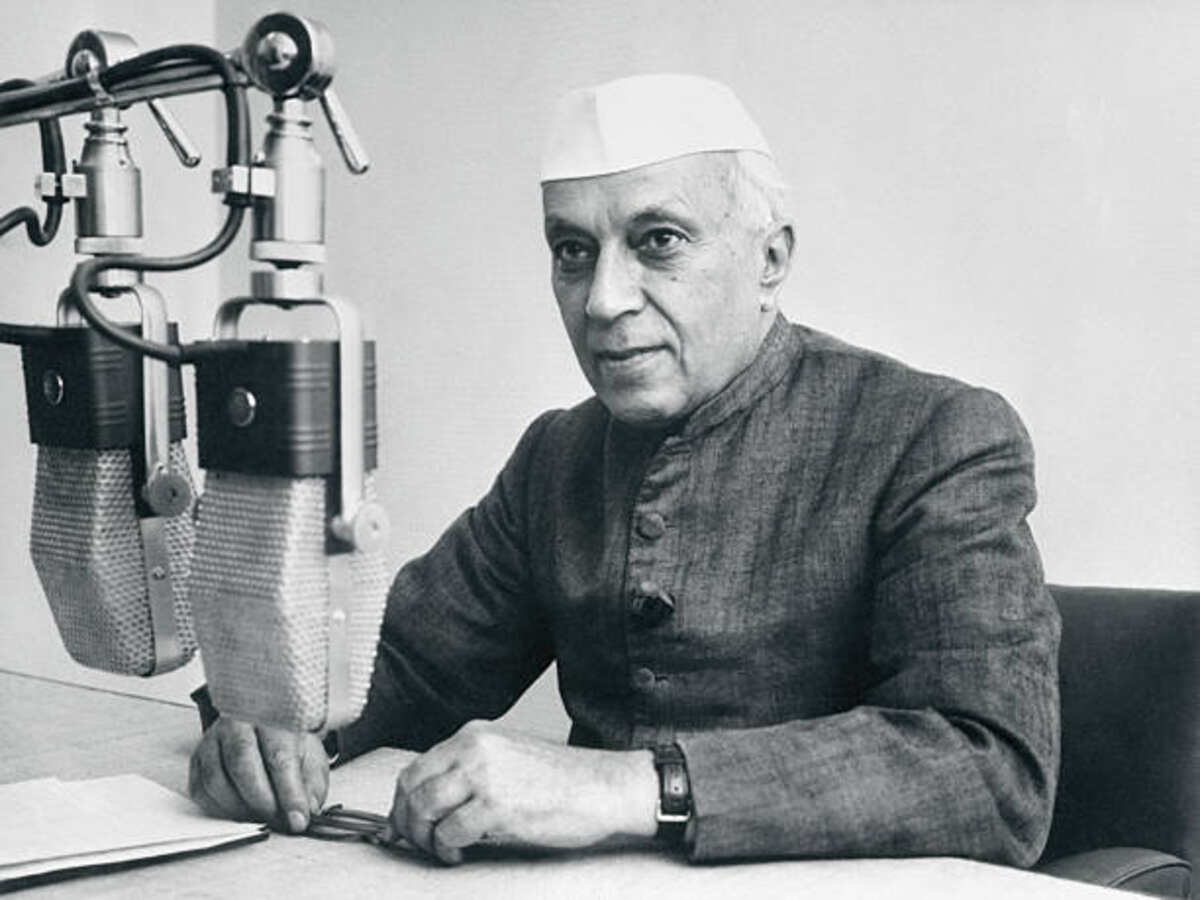A Jawaharlal Nehru biography can help you understand one of the most influential figures in Indian history. He was a secular humanist, social democrat, and nationalist who influenced India’s independence movement in the 1930s and 1940s. This biographical essay will explore his political career, relationships with Vallabhbhai Patel, and marriage to Kamala Kaul.
His political career
Jawaharlal Nehru’s political career began in 1919 when he enlisted in the Indian National Congress. He became a close associate of Mahatma Gandhi and was instrumental in the fight for India’s independence. He became the first Prime Minister of India and a leading Non-Aligned Movement member.
Nehru influenced Hinduism and made it a priority to help widows in the Hindu community. He also helped women gain equal rights. He also talked about property rights and inheritance rights. However, Nehru failed to settle the Kashmir conflict claimed by India and Pakistan.
Jawaharlal Nehru was also an international figure, and his diplomatic efforts made India an equal partner with China. He joined various international organizations and co-founded the Non-Aligned Movement. Although India enjoyed good relations with neighboring countries, these relations were not always harmonious. Kashmir remained a disputed land despite several agreements. In 1954, Nehru and the Chinese premier signed the Panchsheel Agreement, rescinded when Chinese troops tried to control the Brahmaputra River valley.
His relationship with Vallabhbhai Patel
Although the relationship between Nehru and Patel was tumultuous at times, it was not one of mutual hatred or ill will. The two men disagreed about much, but they did not hide their disagreements from each other. They wrote to each other nearly every day and expressed their differences openly. In the end, they decided that their enduring friendship and admiration for each other outweighed their differences.
Though Patel and Nehru were close, they did not share the same values or ideologies. While Nehru was a socialist, Patel favored capitalism and laissez-faire economic policies. But they had different visions of how to achieve these goals. Nehru’s emphasis on central planning led to disagreements with Patel’s views of laissez-faire economics.
His policy of non-alignment
India’s policy of non-alignment was an attempt to stand on its own two feet, not to be a pawn of others. During Nehru’s lifetime, the policy of non-alignment spread like wildfire, with more non-aligned nations joining in. The non-aligned nations emphasized the need for mutual respect, not competition.
The policy was a pragmatic response to the polarization and inequity that had taken place in the world. It allowed India to pursue its national interests while offering moral leadership to the world’s developing countries. The concept of non-alignment was particularly important in a world where inequality is high and conflict is increasingly widespread. It also aimed to avoid power politics, which have caused world wars and disasters of a global scale.
The idea of non-alignment was based on the anti-colonial movement, which significantly influenced Nehru’s world vision. Non-alignment paved the way for a more liberal and democratic international system. Today, two-thirds of the world’s nations are members of the non-aligned movement. It has been called the world’s most significant peace movement.
His marriage to Kamala Kaul
Jawaharlal Nehru and Kamala Kaul had two very different personalities. Nehru was cosmopolitan and educated in the west, while Kamala was quiet and deeply religious. Nehru’s Autobiography is dedicated to Kamala, but he only mentions her once or twice. Despite this, he devotes an entire section towards the end of the book to the woman who gave him so much meaning.
Kamala Kaul Nehru was the wife of Jawaharlal Nehru, the first prime minister of India. She came from a Kashmiri Pandit family. Nehru and Kaul were married in 1916. She gave birth to a daughter, Indira, on November 19, 1917. Nehru and Kamala Nehru had another child, a son, in 1924, but she died two days later.
His influence on India’s independence movement
In the early 1930s, Nehru was an influential figure in India’s independence movement. He made a major contribution to the movement by promoting modern values and thinking. He stressed the necessity of secularism, the basic unity of India, scientific and technological development, and social concern for the poor. He also promoted liberal and democratic values.
Nehru was instrumental in creating a national identity for India. He led the Congress Party and took the lead on foreign policy. Even before India gained independence, he had considered India’s place in the world community. He educated the Indian populace about other countries and projected the country’s image to the world. As a result, Nehru’s influence on India’s independence movement was felt worldwide.
Nehru was deeply influenced by Gandhi. He believed that the best way to achieve change was through action. He was inspired by Gandhi’s call for complete political independence.

